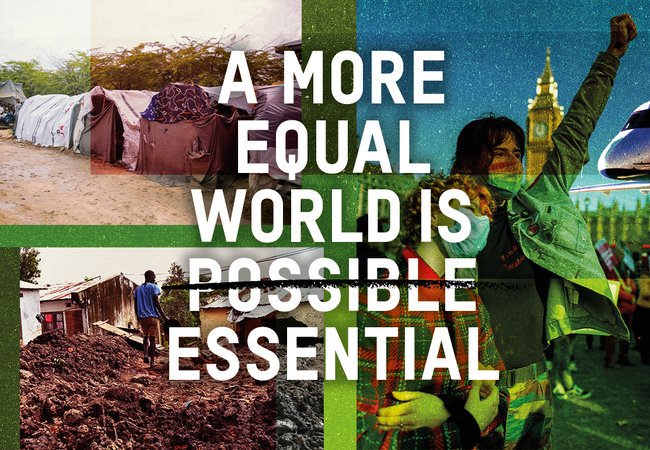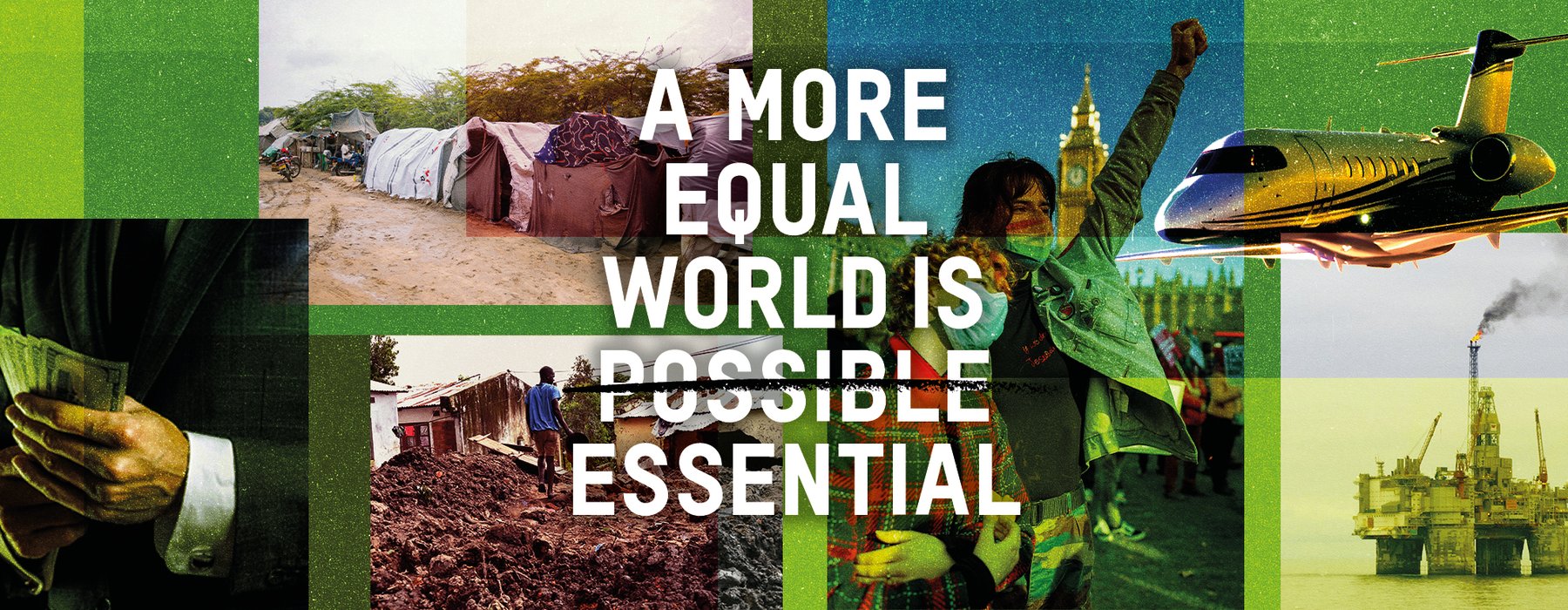

What happened at the G20?
In short, leaders made history, they agreed to work together to tax ultra wealthy individuals.
This joint declaration builds on what finance ministers discussed in July, and gives that shared commitment significant weight.
It’s a huge step towards the key goal of tackling extreme inequality, and public pressure helped secure it.
Next we must see meaningful steps to turn agreement into action.
But what is the G20 and why does this matter? Here’s a round up of the who and the what.
“G20 governments deserve praise for their ground-breaking commitment to cooperate on taxing the world’s super-rich. But we won’t rest until this delivers real change for people and planet.”
Oxfam Brazil’s Executive Director, Viviana Santiago
